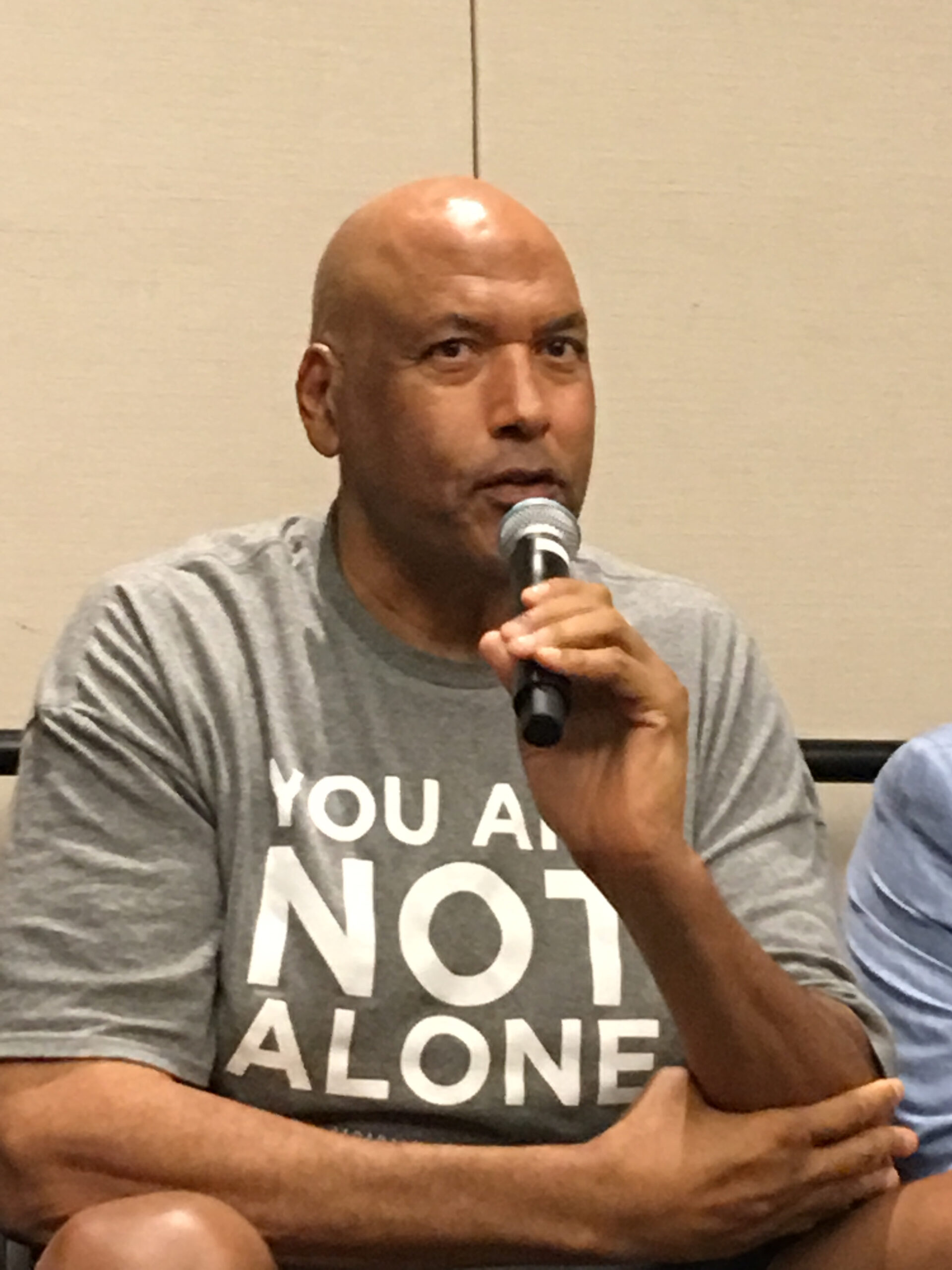
Reviewed by Emily Henderson, B.Sc.Nov 9 2021
#Suicide risk among lesbian, gay, and bisexual adults varies considerably depending on the intersection between sexual identity and other aspects of identity, such as gender, age, and race/ethnicity, according to a study led by researchers at the #NationalInstituteofMentalHealth (NIMH), part of the #NationalInstitutesofHealth. The study, which examined data from a nationally representative survey of #adults in the #UnitedStates, also showed that #lesbian, gay, and bisexual adults are overall more likely to report suicide-related thoughts, plans, and attempts within the past 12 months compared with #heterosexual adults.
The findings, published in the #AmericanJournalofPreventiveMedicine, indicate that the intersection of multiple social identities may compound suicide risk for some lesbian, gay, and bisexual individuals.
This study demonstrates the importance of asking about sexual identity in national data collection efforts, and it highlights the pressing need for suicide prevention services that address the specific experiences and needs of lesbian, gay, and bisexual adults of different genders, ages, and race and ethnic groups.”
Rajeev Ramchand, Ph.D., Senior Advisor on Epidemiology and Suicide Prevention at NIMH and lead author of the study
Previous research has shown that, when examined as a group, adults who identify as lesbian, gay, or #bisexual have higher rates of suicidal thoughts and attempts relative to heterosexual adults. However, few studies have investigated within-group variation in suicide risk among lesbian, gay, and bisexual adults.
The research team hypothesized that suicide risk may vary considerably according to a person’s sexual identity, gender, age, or race/ethnicity. To test this hypothesis, the researchers analyzed data from the National Survey of Drug Use and Health (NSDUH), a nationally representative survey of civilian adults in the U.S. The researchers examined data from 2015, when the survey first introduced questions about sexual identity, through 2019. The resulting data set included a total of 191,954 participants, 14,693 of whom identified as lesbian, gay, or bisexual.
As part of the survey, participants reported their sexual identity (heterosexual, lesbian or gay, bisexual, or don’t know), and whether they had had suicidal thoughts, suicide plans, or suicide attempts at any time in the past 12 months. The researchers examined these outcomes in relation to certain individual characteristics such as age (18-24, 25-34, 35-64), race/ethnicity (white, #Black, #Hispanic, other race/multiracial), and gender (man, woman). The researchers also accounted for certain sociodemographic characteristics such as level of education and employment status.
Related Stories
- COVID-19 lockdowns and young people’s mental health
- Review finds great resilience in mental health during during COVID-19 pandemic
- Targeting SARS-CoV-2 with Chaga mushroom – a natural antiviral compound
#JamesDonaldson notes:
Welcome to the “next chapter” of my life… being a voice and an advocate for #mentalhealthawarenessandsuicideprevention, especially pertaining to our younger generation of students and student-athletes.
Getting men to speak up and reach out for help and assistance is one of my passions. Us men need to not suffer in silence or drown our sorrows in alcohol, hang out at bars and strip joints, or get involved with drug use.
Having gone through a recent bout of #depression and #suicidalthoughts myself, I realize now, that I can make a huge difference in the lives of so many by sharing my story, and by sharing various resources I come across as I work in this space. #http://bit.ly/JamesMentalHealthArticle
In line with previous research, the NSDUH data showed that rates of all three suicide-related behaviors — thoughts, plans, attempts — were generally higher among lesbian, gay, and bisexual adults than among heterosexual adults. After taking demographic factors into account, the researchers found that suicide risk was three to six times greater for lesbian, gay, and bisexual adults than for heterosexual adults across every age group and race/ethnicity category. Among gay and bisexual men, 12% to 17% had thought about taking their lives in the past year, 5% had made a suicide plan, and about 2% had made a suicide attempt. Among lesbian or gay women and bisexual women, 11% to 20% had thoughts of suicide, 7% had made a suicide plan, and about 3% had made a suicide attempt.
Among gay and bisexual men, the data showed no differences in suicide risk according to race/ethnicity. However, among lesbian or gay and bisexual women, the data indicated that Black women had lower risk of suicidal thoughts and plans relative to white #women.
When the researchers looked at the specific intersection between minority sexual identity and race/ethnicity, they found that white and Black #women who identified as bisexual were more likely to report suicidal thoughts relative to white and Black #women who identified as lesbian or gay.
Looking at the intersection between minority sexual identity and age, the researchers found that suicidal thoughts were also relatively higher among bisexual women in the 35-64 group compared with lesbian or gay women in the same age group.
The researchers note that the NSDUH data have limitations, including limited options for participants to report their sex, sexual identity, and race/ethnicity. In addition, the survey does not include questions about gender identity. They also note that NSDUH data are observational and do not provide evidence for any causal effect of identity on suicidal thoughts and behaviors.
Together, these findings clearly show that #lesbian, gay, and #bisexual #adults do not comprise a uniform group when it comes to suicide risk. Instead, suicide risk varies considerably depending on the intersection between sexual identity, gender, age, and race/ethnicity.
“This study sets the stage for future work investigating the impact of social inequalities on suicide risk among people with multiple social identities,” said Ramchand. Source:
#NationalInstitutesofHealth Journal reference:
Ramchand, R., et al. (2021) Suicidality among sexual #minority #adults: #Gender, #age, and #race/#ethnicity differences. #AmericanJournalofPreventiveMedicine. doi.org/10.1016/j.amepre.2021.07.012.




